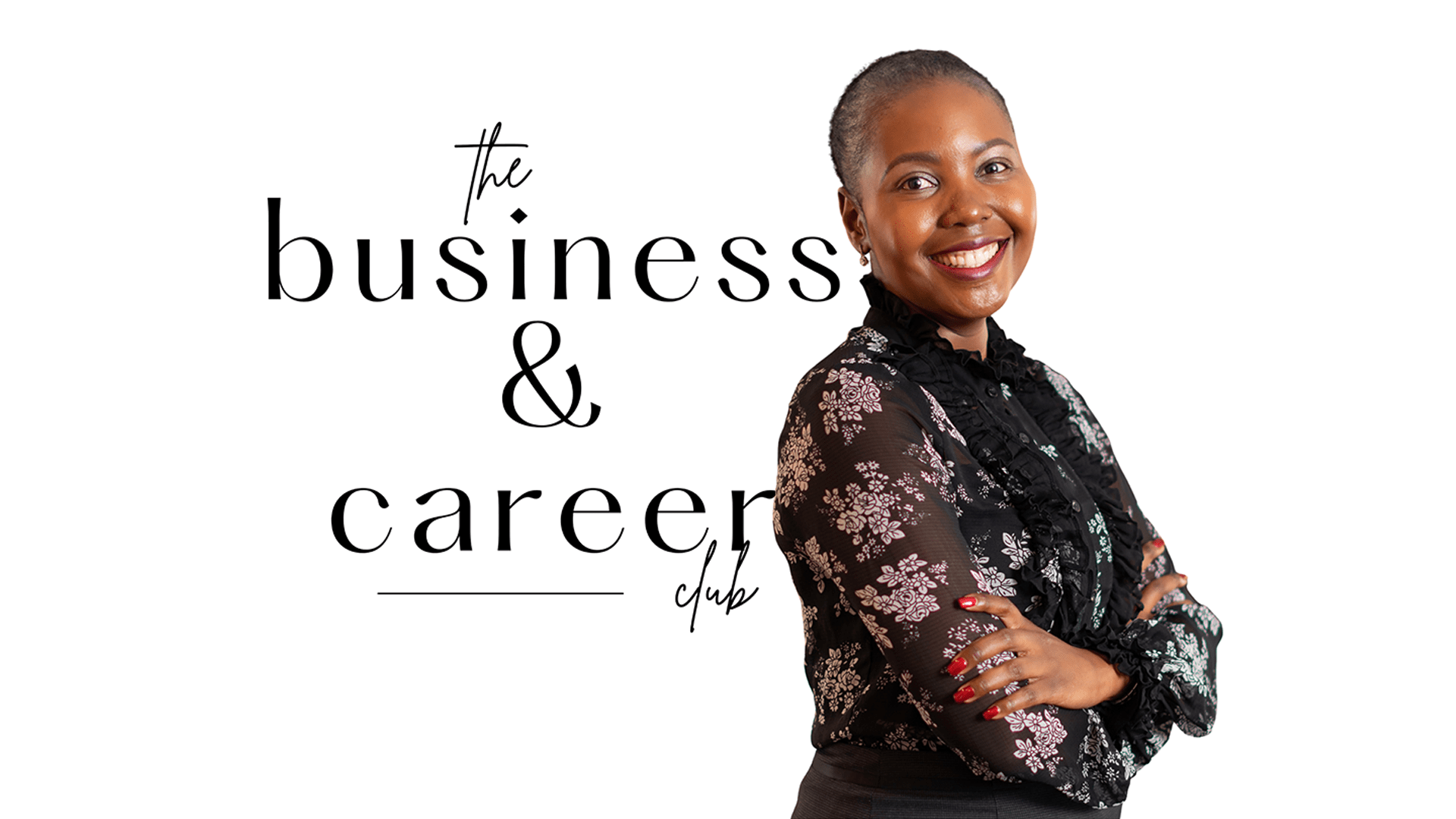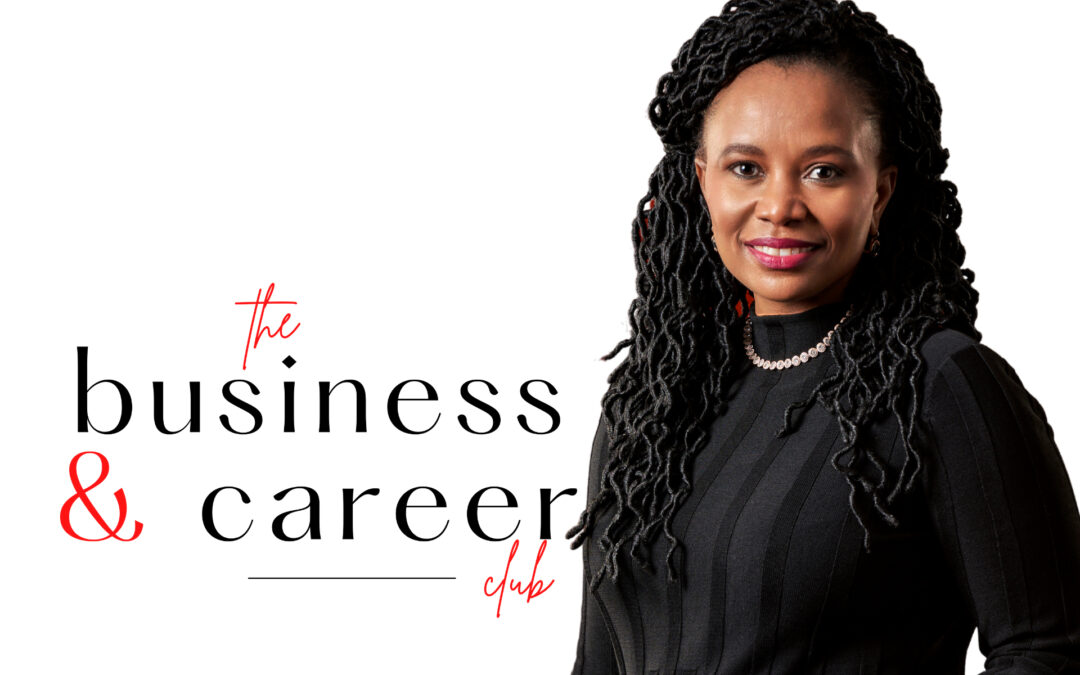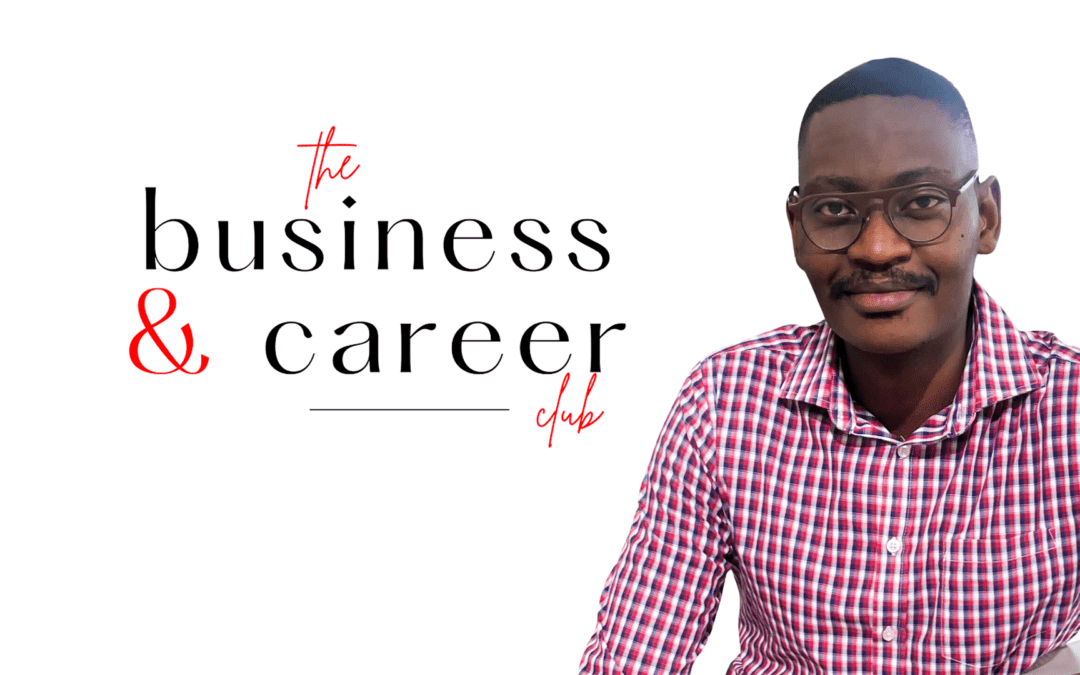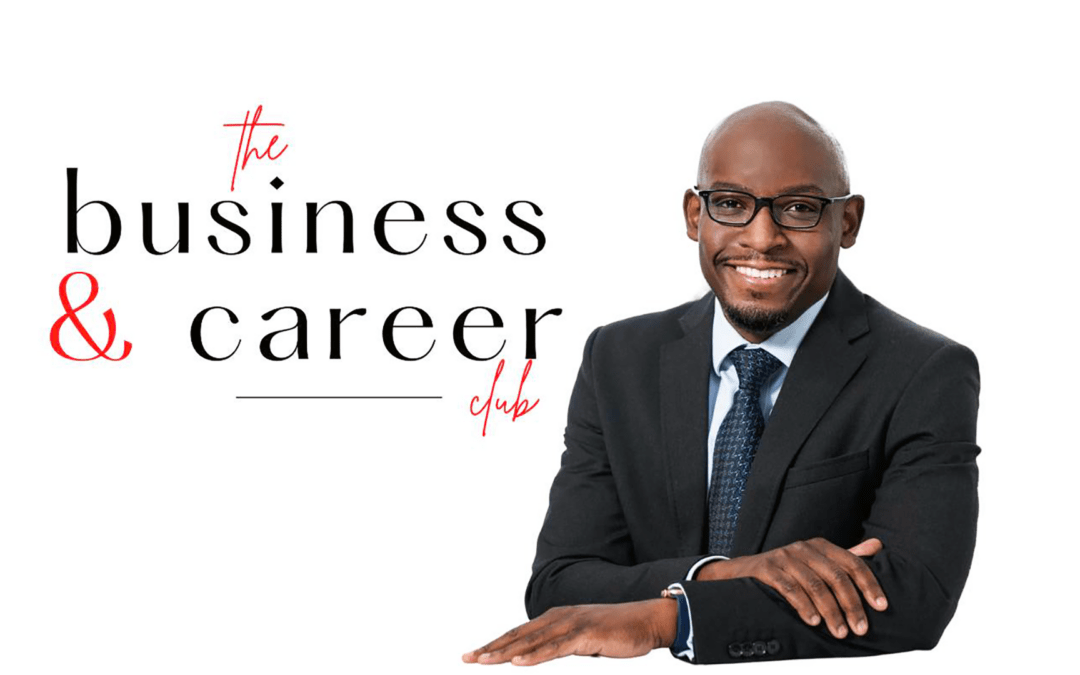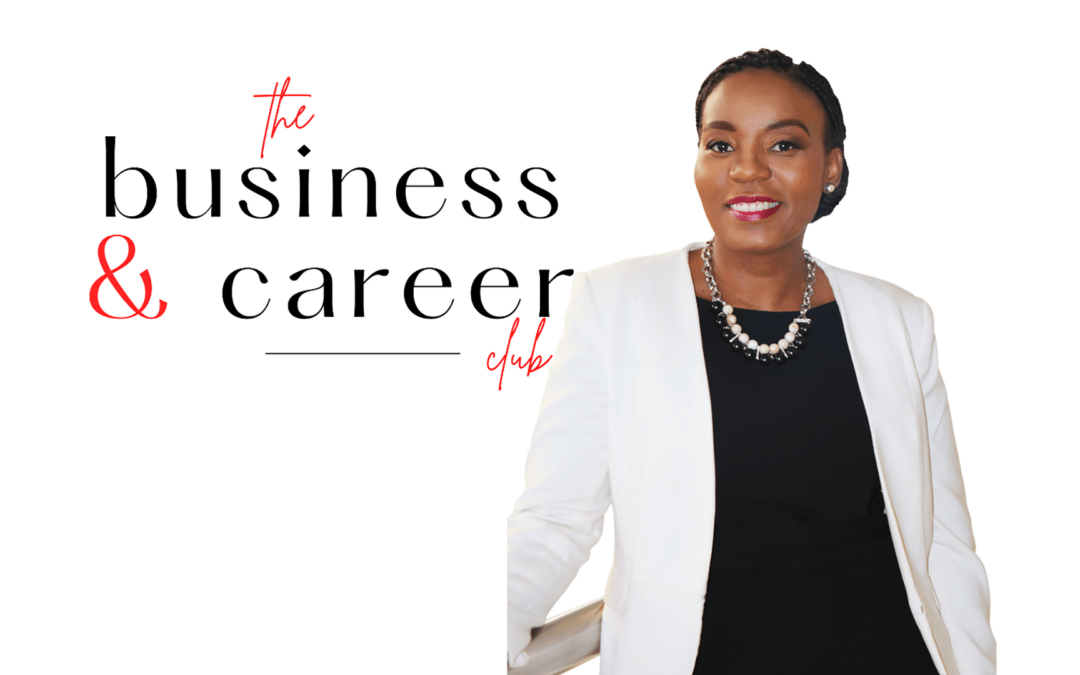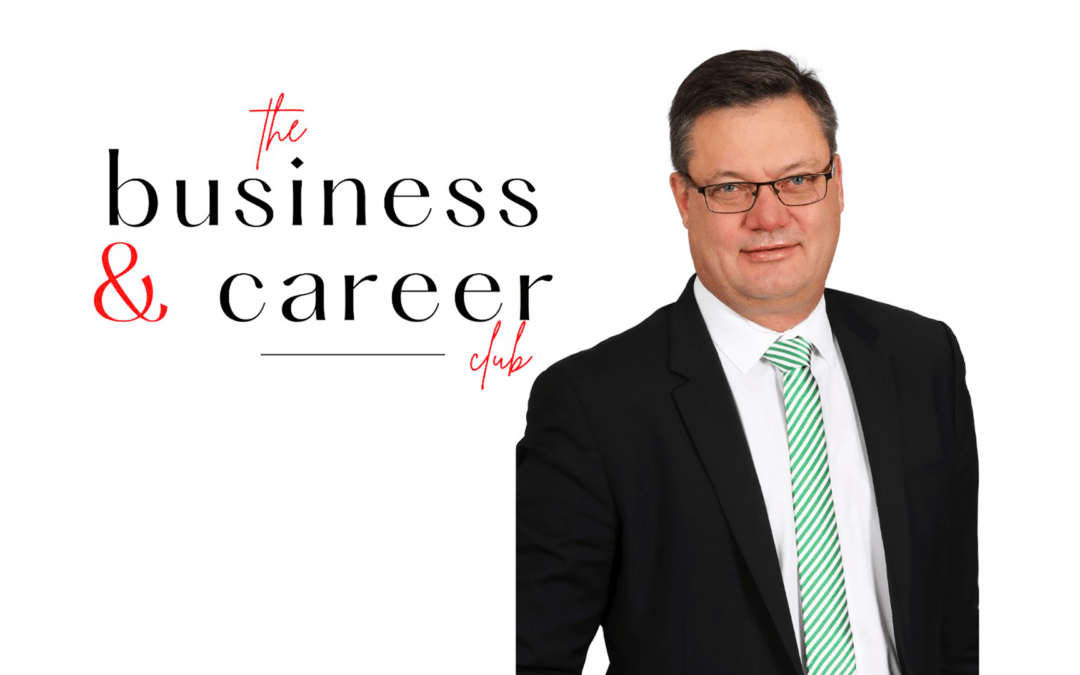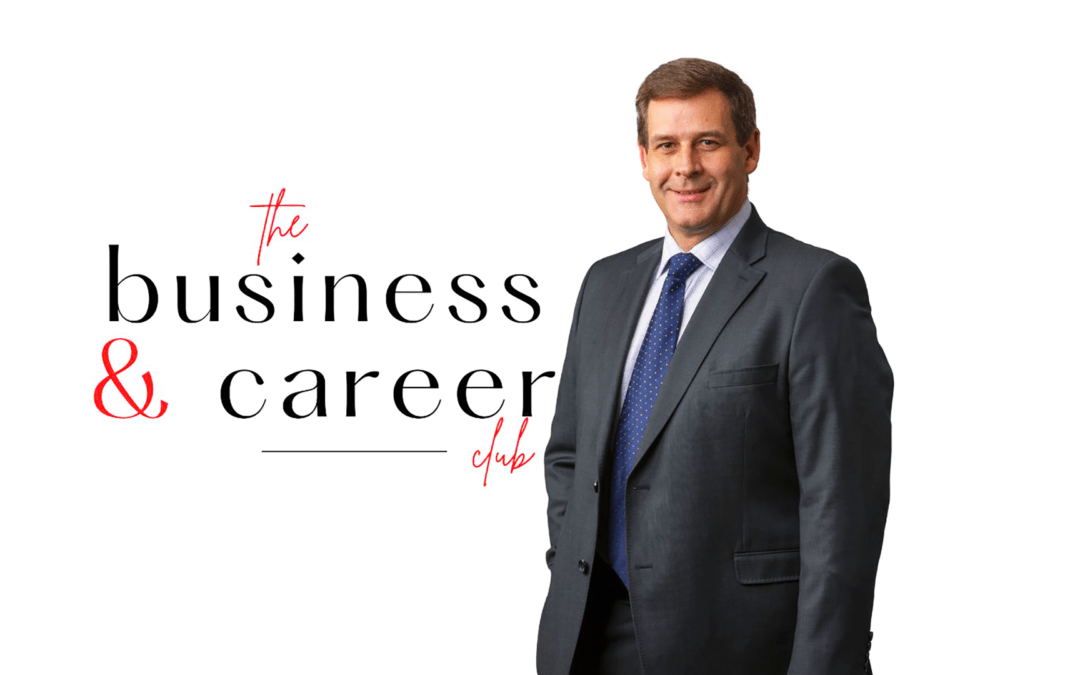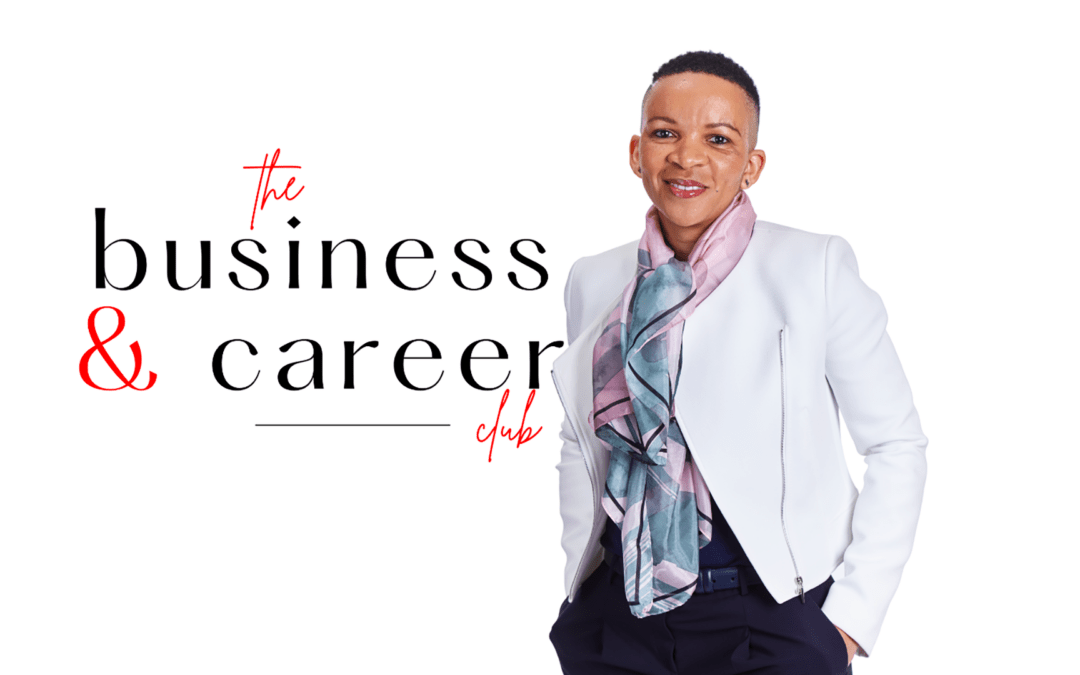If Sanlam CFO Abigail Mukhuba had a time machine that could catapult her back to the start of her career, she would do a lot more traveling. She advises younger professionals to seize any opportunity they get to see the world and experience different cultures.
‘I would also advise all professionals who want to get ahead to show up. I notice a lot of people just sit back and hope somebody will notice them. This is especially true of African professionals. The corporate environment is brutal, and you need to stick your head out and show a desire to be involved. Do not feel like you are asking too many questions; being inquisitive is what you need to improve your knowledge and progress.’
Having recently given birth to her first child, she also has a greater appreciation for working mothers than she did previously. ‘Until you have a child, you do not really know how demanding they can be. I never thought the day would come that I could sit and do nothing while the baby sleeps simply because I am just too tired. I now have a different appreciation for working parents and their choices of when and how they dedicate time daily to their children.’
On the question of strategy, Abigail believes flexibility is key. In the everchanging world we are living in, companies should have a long-term vision of what they want to achieve but they need agility to adjust to whatever is happening around them.
‘Any company also needs to appreciate the environment in which it is set. South African companies struggle when they go into the rest of Africa because they think of South Africa as being outside of Africa rather than part of the continent. There are similarities in South Africa and other African countries, however each country has its own unique circumstances which need to be acknowledged in the strategy.’
Abigail is also not afraid to ask for advice. Other than Wim, she keeps in touch with former colleagues Mike Arnold and Riaan Koppeschaar to ask about topics that they would have dealt with in the past. She also encourages accountability; when things go wrong, she gathers the team and they do a debrief to identify the ‘who’, the ‘what’ and the ‘why’.
‘These are teaching moments because we all make mistakes that we can learn from. What is also important is discussing how we can ensure it does not happen again. Perhaps something was lacking that needs to be provided to avoid the same scenario.’
The various roles that Abigail has held have taught her to be process driven, a strategic and critical thinker. Choosing the shortest queue may have worked when she initially got into accounting, but for everything else well-considered decisions have proven to be the best option.
This article is an extract from the Masters of Money book by KC Rottok Chesaina (JONATHAN BALL PUBLISHERS)

